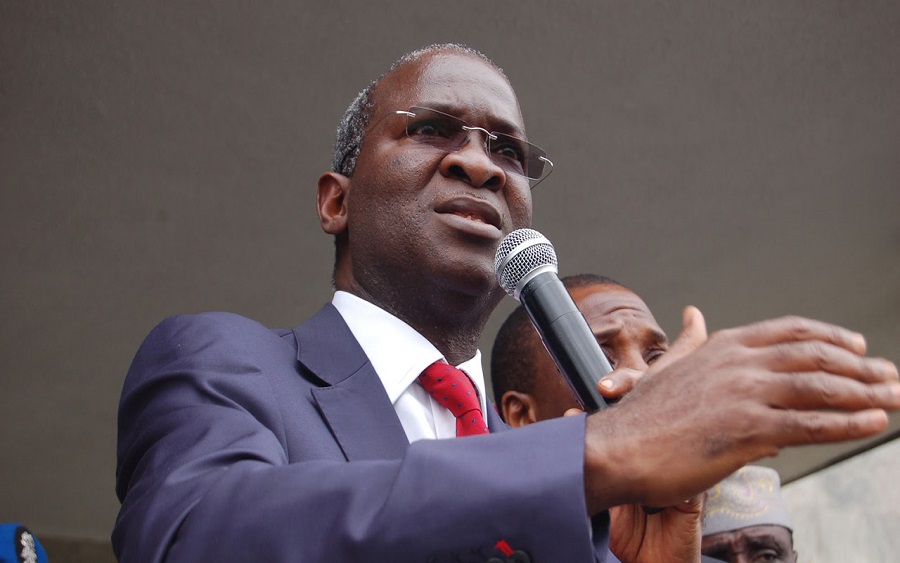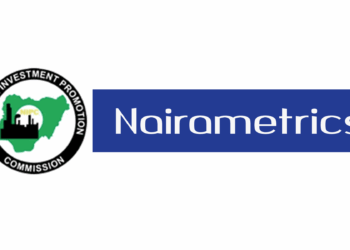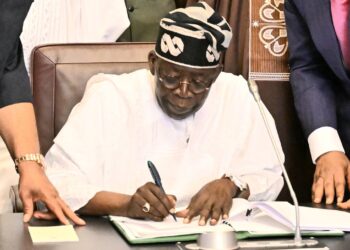The Minister of Works and Housing, Babatunde Fashola has requested an additional N255.6 billion to construct and rehabilitate 524 highways and bridges across the country.
The Minister made the request to the Federal Executive Council while briefing members of the council on the ongoing road and bridge construction/rehabilitation projects nationwide. He highlighted 80 as priority projects scheduled for completion in the 2020-2021 fiscal year.
Punch reported that Fashola told the council that the funding gap needed to be closed and so additional funds were needed to accomplish the objective of completing the prioritized projects in scheduled time.

He stated that the amount was the difference between the appropriation for the projects in the 2020 budget, which stood at N157.05 billion and the actual estimate for the completion of the projects, which he put at N412.64 billion.
[READ MORE: Nigerians knock Fashola over comments on “bad roads” ]
More details: According to the minister, amongst the 524 road and bridge projects currently going on across the country, every state in the federation including Abuja had at least three of such ongoing projects.
Why some projects were prioritized: Fashola said that the ministry prioritized 80 projects because they would bring about reduced travel time, lower vehicle operating costs and improve the comfort of road users, as well as improve the ease of doing business across the country on completion.
The prioritized road projects being funded through the Sovereign Sukuk Fund include Abuja-Abaji Road (Section 1, international airport link road junction, Sheda Village junction) and Abuja-Lokoja Road Section IV (Koton Karfi-Lokoja).
In a recent Nairametrics report, the Federal Government explained that it might be unable to rehabilitate certain roads across the nation due to paucity of funds. Senator Abdulfatai Buhari had said that only 500 roads out of 3,800 roads requiring urgent attention would be rehabilitated by the Federal Government next year, leaving a total of 3,300 roads unattended to in the coming year.



















